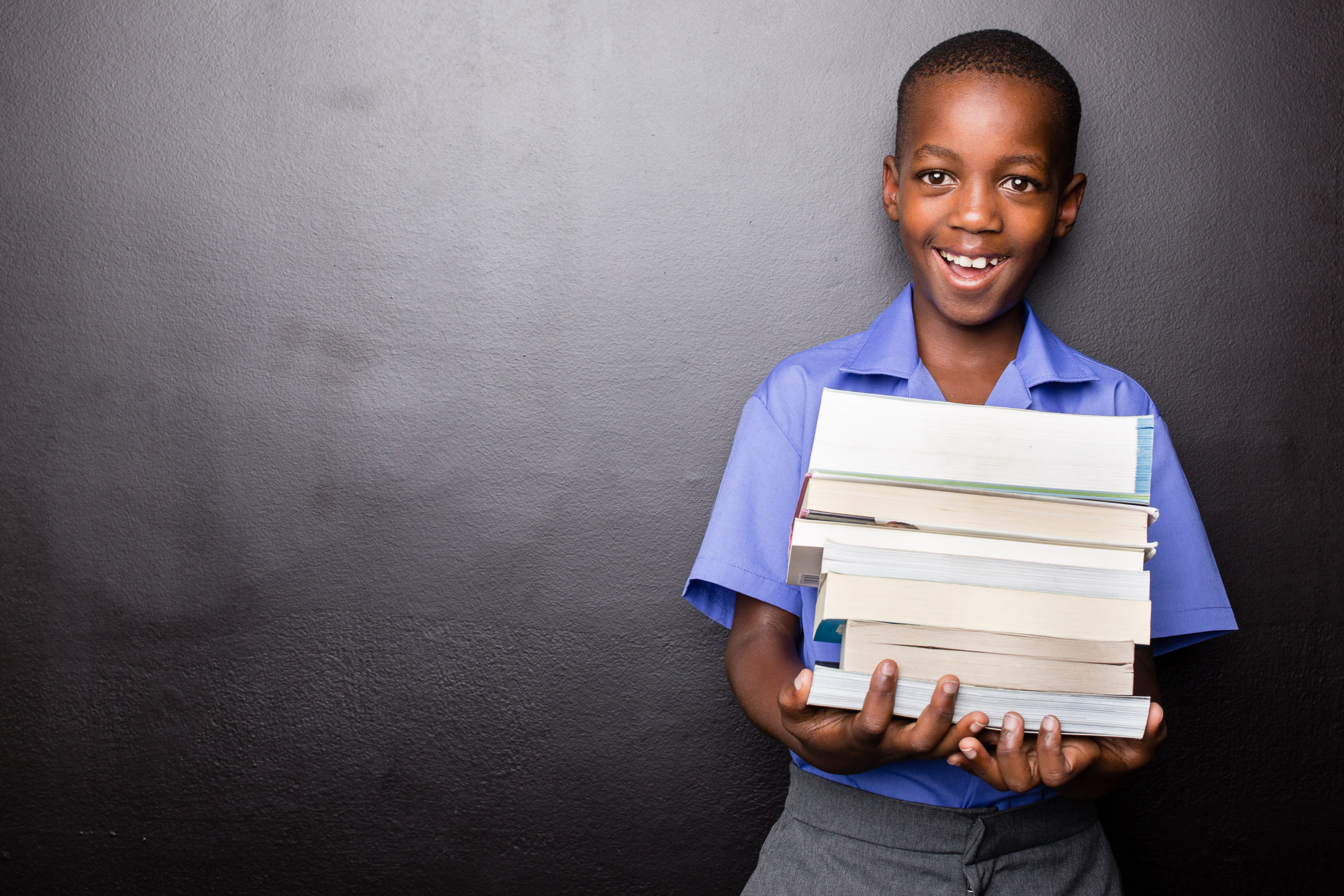The world has been a strange place for the last year or so. One of themes at the moment is transition – how will society transition from lockdown restrictions and back to normal, restriction free living? What will ‘normal’ even look like now? Has our idea of normal been replaced with something different?
For year 6 there is another big transition they have to negotiate at the same time – the jump from primary to secondary school. This transition is usually an exciting but daunting prospect at the best of times, let alone during a pandemic. The last undisrupted year that year 6 students completed was year 4, so I can understand there being some very nervous parents and children up and down the country. That doesn’t necessarily need to be the case, though. Below are some tips for you as parents to make sure you are all prepared for the next step.
Scout out the school
You may already be familiar with the school if you have older children that attend etc but otherwise, do your homework. You would normally have attended open evenings and had a tour round the school, met the teachers etc. Your child would also have been on transition days – guidance around secondary schools holding transition days is a little unclear at the moment, so some might run and some might not. However, due to the pandemic schools should have a plethora of information online. Virtual tours, interviews with key staff, there may even be transition materials online. Check for social media accounts too, these will give a good picture of the day to day life of the school.
Travel
A lot of people live pretty close to their primary school – this may not be the case with secondary. How will your child travel to school? School bus? Public bus? Walk? Car? Whichever way they travel, it would be wise to do some test runs during the holiday. Roughly how long will it take? Are there other options if a bus is missed? Doing this a couple of times together should help your child’s confidence if they are going to be travelling alone and should also put your mind at ease somewhat.
Uniform
There’s a good chance that putting on uniform will take longer now. Your child may not have worn a tie before, so do they know how to tie a knot? Are clip-on ties available if that is easier? If you are going from polo shirts to button up shirts, that’s going to add time too – it may seem a bit silly, but these things that can just add a few minutes to the routine in the morning and if it goes wrong it can affect the rest of the day. Somedays I find myself having to redo my tie 3 or 4 times in the morning because I can’t get it how I want it, so it is definitely worth going over. This is especially important for PE lessons, ensuring there is no lateness to lessons.
Digital literacy
It is scary how in tune children are with technology. My 2-year-old son doesn’t play with phones/tablets but if he is sitting with me looking at pictures on my phone, he already knows that he can swipe to change the picture. However, despite children being skilled in the use of modern technology, the pandemic has made it apparent that many lack basic skills when it comes to things like emails. During lockdown I would receive emails from students with no greeting, no sign off, sometimes the entire email was written in the subject box! Email etiquette is something that can be covered at home fairly easily.
Language
Our language matters and how we frame conversations can have a huge impact on our perception of things. In conversation about moving to secondary school you may be tempted to ask about nerves, when you could use excitement. You may ask about worries instead of hopes. It is absolutely fine to cover nerves and worries in conversation, but the point is to make sure that our language is positive as much as possible. If we are constantly discussing worries and nerves and highlighting issues surrounding the move, then naturally those things will be on your child’s mind.
If there are any concerns that you have about the transition, get in touch with the school. Staff will be receptive and even if you feel like it is only a little worry, making the staff aware of it before September can be helpful. The main thing to remember is that both primary and secondary schools are incredibly experienced in transition and will be doing everything they can to make sure the new year 7s start the next stage of their educational journey on the right foot.
You may also like to read:
Maths Transition from Year 6 to Year 7: Jemma Sherwood
Smoothing the transition to Secondary School in a pandemic year: Sam Holyman


